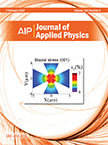 After an international group of physicists agreed that the findings of their 2015 paper were in doubt, they simply couldn’t agree on how to explain what went wrong. Apparently tired of waiting, the journal retracted the paper anyway.
After an international group of physicists agreed that the findings of their 2015 paper were in doubt, they simply couldn’t agree on how to explain what went wrong. Apparently tired of waiting, the journal retracted the paper anyway.
The resulting notice doesn’t say much, for obvious reasons. Apparently, some additional information came to light which caused the researchers to question the results and model. Although the five authors thought a retraction was the right call, they could not agree on the language in the notice.
Here’s the retraction notice for “Atomistic simulation of damage accumulation and amorphization in Ge,” published online February 2015 in the Journal of Applied Physics (JAP) and retracted two years later in January 2017: Continue reading Researchers disagree over how to explain doubts over physics findings
 The notices keep coming for diabetes researcher
The notices keep coming for diabetes researcher 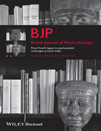 A psychoanalyst has retracted an award-winning 2016 paper over concerns that it contained “sensitive” patient information.
A psychoanalyst has retracted an award-winning 2016 paper over concerns that it contained “sensitive” patient information.
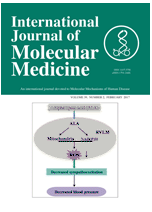
 A journal has retracted a 2012 paper after the last author was unable to provide material to support the results presented in multiple figures.
A journal has retracted a 2012 paper after the last author was unable to provide material to support the results presented in multiple figures.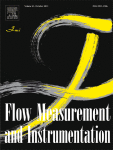 Yesterday we reported that
Yesterday we reported that 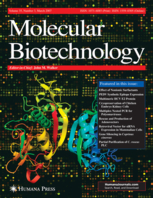
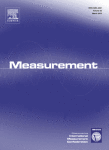 A computer scientist in Malaysia has lost two papers for faked peer reviews, and another for duplication. A fourth paper on which he is a co-author appears to have simply disappeared.
A computer scientist in Malaysia has lost two papers for faked peer reviews, and another for duplication. A fourth paper on which he is a co-author appears to have simply disappeared.